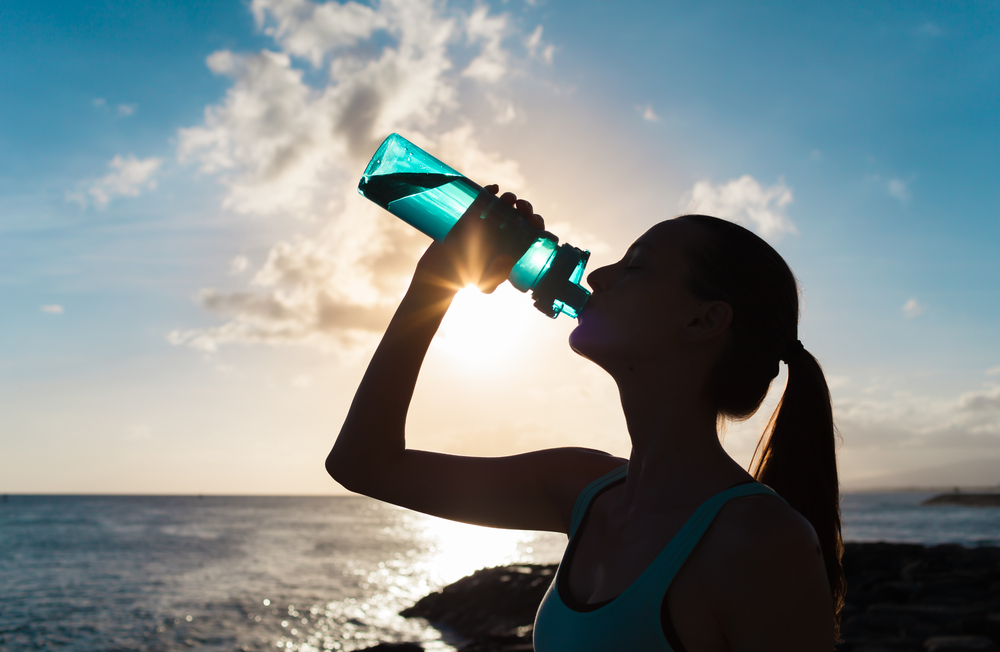Do you have a friend or family member that swears by cold swimming? You’ve probably heard about it in the media? Over the last few years there has been a huge rise in popularity. This hype doesn’t just come from people seeking an interesting outdoor hobby to get in contact with nature, but it goes much deeper than that. My sister for example swears by cold water swimming for improving her immune system and helping combat post-viral fatigue from Covid!
The fact that taking a swim in the cold sea can boost your immune system has been known for quite some time. Now cold water swimming seems to be becoming the new “catch-all therapy”, if you Google it you’ll see it come up as a tool to help depression, anxiety, personality disorders, memory improvement etc.
For some people the idea of jumping into freezing cold water is their idea of hell, or certainly not a “good time” that is supposed to make them feel better? But the truth is, it really works and we are going to talk about how!
Cold Water Swimming Testimonials for Menopause
In a BBC interview, a group of swimmers in the UK revealed that cold water swimming helped them with the menopause.
Patricia Woodhouse (53) said “I’m going through the menopause. I feel that it’s been easier since starting this. The sweats and the night sweats haven’t been so bad. I also suffer with anxiety and I’ve found my anxiety levels don’t feel as bad either. I still get anxious but it’s nothing like it was before.”
Scientists don’t know exactly why cold swimming helps some with menopause symptoms specifically but there are some theories!
So what does it actually do for you?
Exercise in general raises endorphins, the “feel-good” hormone but swimming in the sea and putting your body under that type of extreme circumstance adds a different layer to it: The body goes into the fight or flight response, the stress hormones. It raises your heart-rate and your ventilation, you suddenly feel very alive and awake.
You can also call it ecotherapy if you like, being outdoors and connecting with nature boosts well-being. Immersing your body in cold water in particular is known to boost dopamine levels, dopamine is responsible for mood regulation, muscle movement, sleep patterns, appetite etc.
Additionally, the blood flow to the brain also improves memory & concentration.
You can see how as a whole cold water swimming which combines exercise with cold water affects different hormones that together have a major impact on the brain and therefore mental health.
The Divers Reflex – Slowing Your Body Down
There is another well-studied phenomenon at play here that you may not have heard of – The Divers Reflex!
When somebody holds their breath and submerges in water, there are physiological changes that happen in the body that lead to a reduced heart rate. This phenomenon actually occurs from wetting our face and nose with cold water and holding our breath.
This explains why free divers are able to hold their breath longer in deep water. The good thing is you don’t need to dive deep to experience the benefits of this! Cold water swimming also activates this if you place your head and nose in the water and hold your breath, such as during front crawl swimming.
Interestingly, for those of us out there that suffer with anxiety such as myself, the trick also works at home. If you feel an anxiety attack emerging, placing your head and nose in very cold water and holding breath for a few seconds helps calm anxiety!
A Word of Caution
Cold water swimming becomes very dangerous in winter months when it’s very cold. It’s important not to gasp in cold water so you don’t have cold water entering your lungs. Some people go into shock as they underestimate the cold and how long they can be in it. The “divers reflex” which means the cold shock response tells your body to slow down, slowing down your heart rate and breathing, at this point the danger lies in your body slowing down too much.
It is therefore important to always go swimming in pairs or groups so you are safe if you pass out and/or start off by only swimming short bursts of 5-10 minutes.
There are plenty of organised swimming groups all over the country that makes it a fun and safe experience! Why not give it a try this spring 🙂




